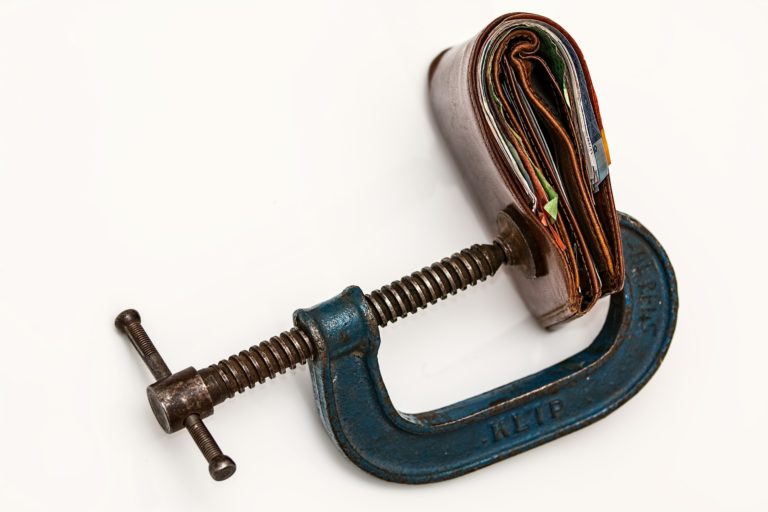
CFIUS Shuts Down Chinese Investment in U.S. Technology
1. Chinese Investment in U.S. Businesses is Down 95% Mergermarket, just published its global M&A report for 2018, revealing that investments from China in U.S. businesses fell by 95% as compared to 2016. A summary of the data in the Report shows the following: 1. Worldwide M&A activity was strong in 2018. “The transactions that


















